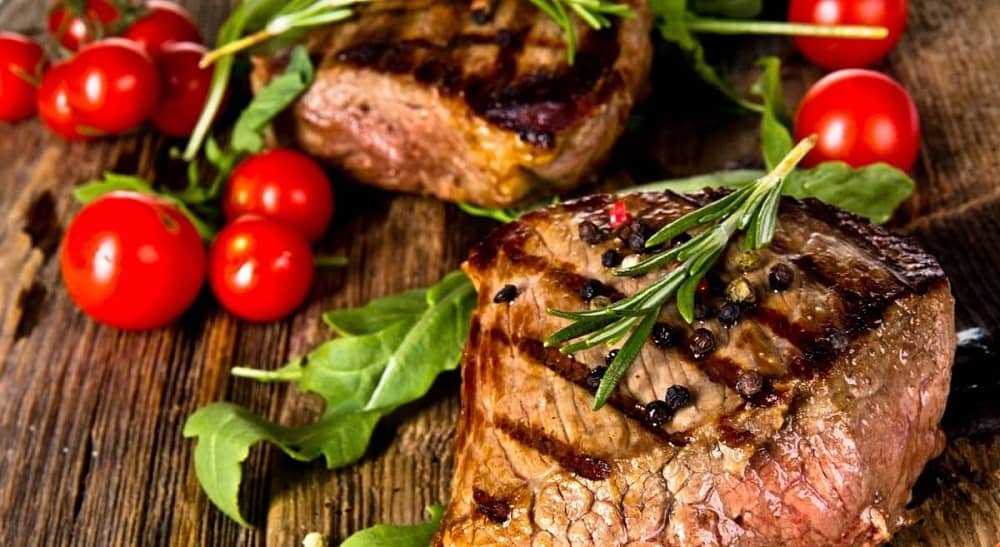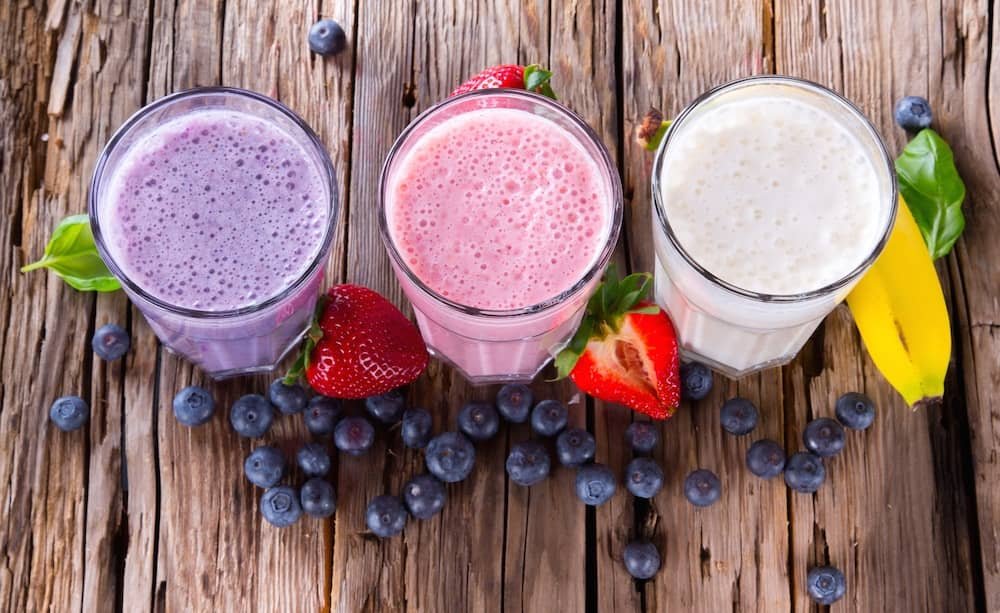Of course protein is a really important topic that needs to be discussed when you have kidney disease. But the reality is that most people have no idea how important it is to know about this subject so they often end up ignoring it.
There are many questions that arise when the topic of protein and kidney disease come up. Things like does protein cause more damage to your kidneys? How much protein is required to keep my kidneys healthy? And of course where should I be getting the protein from?
These are some of the most important questions that you need to be asking yourself if you have kidney disease. The good news is that in today’s article I will discuss every aspect of protein, and how it affects your kidneys and what you need to do about it.
Now before we go into the specifics of how much protein you should be consuming and from what source etc, I think it is really important that we take the time to really understand the basic information about what protein is in the first place.
I honestly believe that knowledge is power, and that you are far more likely to follow through on my advice in regards to protein, when you know how it affects your body and your kidneys in particular.
What Exactly Is Protein?
You can literally think of proteins as being the foundational pieces that build up our body. Not only that, but they are literally involved with every process that occurs in the body.
Here are some of the main processes that proteins are involved with in the body:
1. Clotting of The Blood: There is a protein found in the blood called fibrin which causes the blood to clot and therefore prevent excessive bleeding.
2. Hemoglobin: this is known as a carrier protein which basically carries all the oxygen your body requires to the parts where it is needed.
3. Proteins For Energy: When your body isn’t being provided with enough fats and carbs to derive energy from, your body will turn to your muscle protein as a source of energy to keep going.
4. Enzymes: It’s not well known but the fact is that all Enzymes are basically proteins which help your body carry out the various chemical reactions within your body.

These are just a few of the many different processes that proteins are directly involved with in your body.
If we take a deeper look at the protein molecule we can see that its just a chain of many amino acids.
These small amino acids are linked together like a chain and depending upon the sequence that they are joined up in, they will create different proteins that you need.
While proteins as a whole are considered the foundation upon which our bodies are built… the building blocks of the proteins themselves are amino acid molecules.
When nutritionists tell a person to consume certain amounts of protein everyday, they are essentially advising people that they need to consume certain amounts of amino acids.
When you intake proteins via food, your body immediately works to break these proteins down into amino acids. From there your body can then create the proteins that you actually need.
Must Read: Kidney Stone Treatment – Do You Need a Surgery For Removal of Stone?
A Deeper Look Into Amino Acids
There are 20 natural amino acids that your body uses for a variety of different processes. However only 8 amino acids are extremely important because your body just can’t produce them, and so you need to make sure that you are getting them via your diet. The other 12 can be produced within the body.
One of the most interesting things about amino acids is the fact that they each have a different effect on the body. Another really interesting thing about amino acids and proteins in general, is that they are never stored within the body to use later like fat often is.
Protein is something that you have to consume on a daily basis to give your body what it needs. This is true whether or not you have kidney disease.
So hopefully you have the basic understanding of what proteins are and what they are made up from. We can now move forward and look into its connection with kidney disease.
The Connection Between Protein and Kidney Disease

So by now you should know just how important protein is and why you must have it on a daily basis. Without it you will just die.
But of course a person with kidney disease is going to have to take some things into consideration when it comes to protein intake. These factors are really important to implement if you want your kidneys to function at their optimal level.
You really need to play the balancing act now that you have kidney disease. Consuming too much protein will cause further damage to your kidneys, but too little will result in your body not being able to carry out its needed processes properly.
So you see you need to play the middle ground when it comes to your kidneys. Not too much and not too little, but just enough to get the job done.
Too much protein in your system can result in your kidneys swelling up which is never great especially if you have kidney disease.
However as with any problem there is always a solution which I will go into below.
How Much Protein Should You Consume?
I’ve given some basic guidelines below on exactly how much protein you should consume a day (maximum) depending on what stage of kidney disease you have.
1. Maximum protein intake for those with Stage 1 & 2 of Kidney Disease
– Protein: 0.8 to 1 gram per KG of body weight
2. Maximum protein intake for those with Stage 3 & 4 of Kidney Disease
– Protein: 0.6 to 0.8 gram per KG of body weight.
3. Maximum protein intake for those with Stage 4 & 5 of Kidney Disease
– Protein: Between 20 and 30 grams a day.
This is just a basic idea of how much protein you should be consuming a day, but to get a better estimate you should consult with your doctor.
The people that are in the latter stages of kidney disease need to keep protein intake to a minimum.
What Are The Best Sources of Protein?
Of course as you would expect not all proteins are the same. There have been many studies conducted which show us that chicken is a far better source of protein than red meat, especially for those people that have kidney disease.
But of course eating chicken all day, every day can become really boring. Here are some other great sources of protein you should start feasting upon. Turkey, tofu, fish, beans, lentils, brown rice, nuts and seeds. The most important thing to note is that you will want to avoid all the red meat out there.
What Is The Difference Between Complete and Incomplete Proteins
Those of you that are vegetarian and plan to get all your protein from vegetable sources such as beans and lentils, need to make sure that you consume a variety of different ones, to get all the various amino acids that your body requires.
When it comes to the protein that you get via your diet there are two different kinds… the first is known as a complete protein and the second is called an incomplete protein. Here are the main differences:
Complete proteins contain all the amino acids that your body requires in the perfect amounts that your body needs, to keep your body running in tip top condition. The incomplete proteins are those that don’t have a couple of amino acids that you need.
In basic terms proteins sourced from animal products are usually complete and those sourced from plants are usually incomplete. Vegetarians can consume the following foods together to get a complete set of the required amino acids. Eat grains, legumes, and nuts/seeds for a complete protein.
To conclude I will say that protein is essential for every single person out there regardless of whether or not they have kidney disease.
All in all it is really important that you do get the right amount of protein, from the best sources you can find.
So there you have it, everything you need to know about protein in relation to kidney disease.








